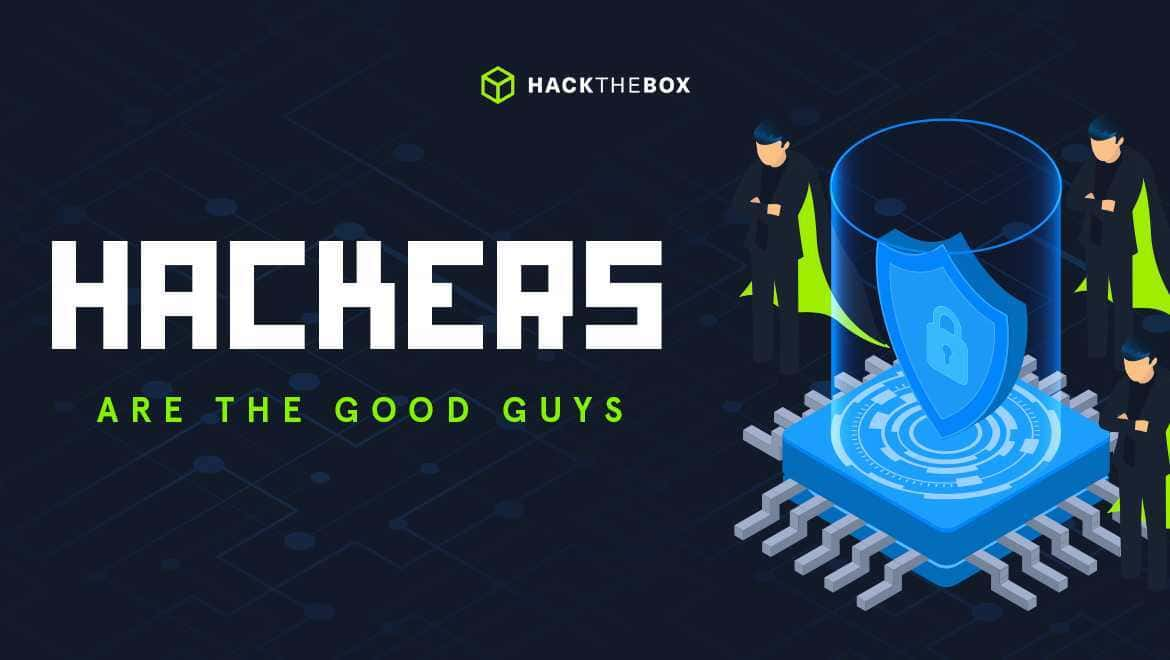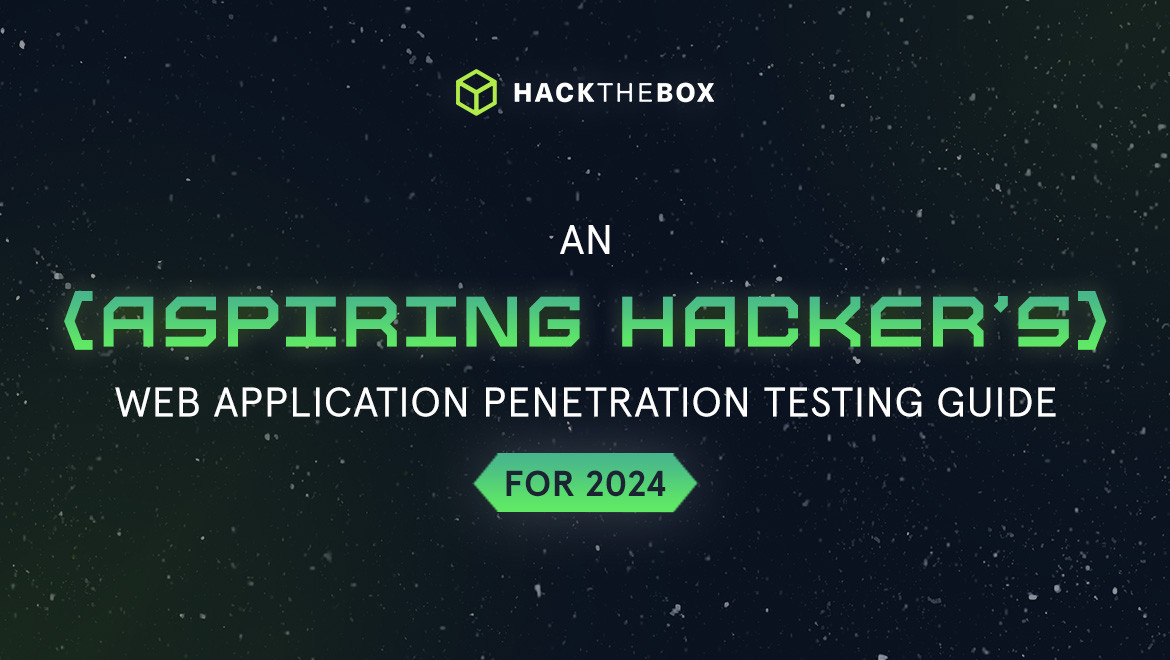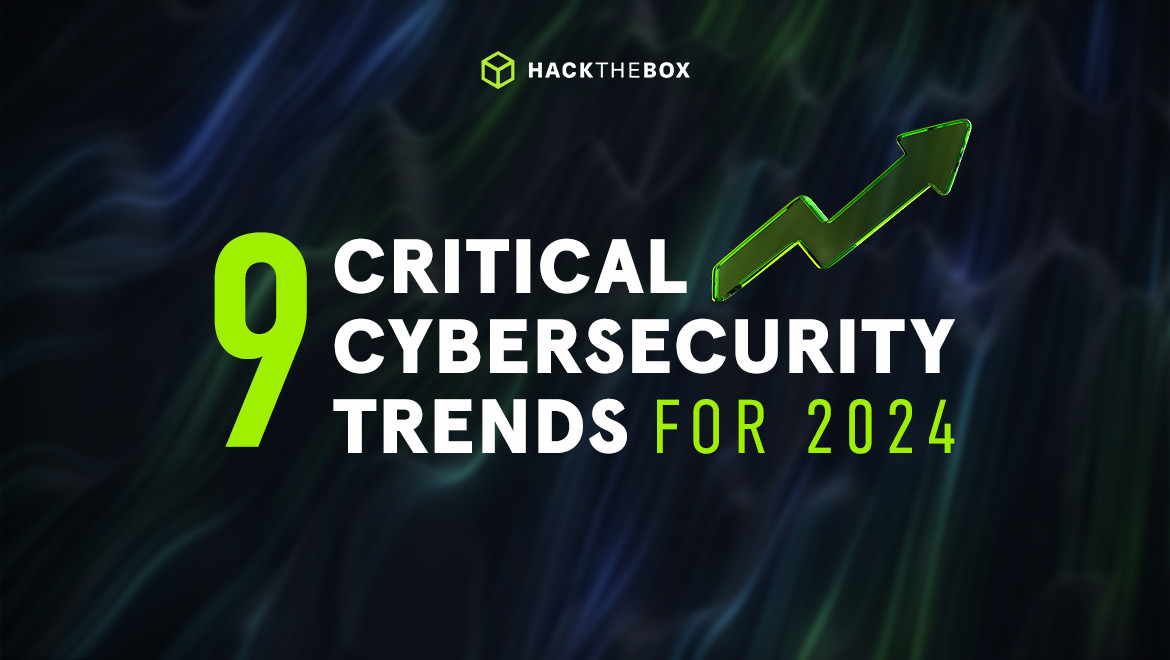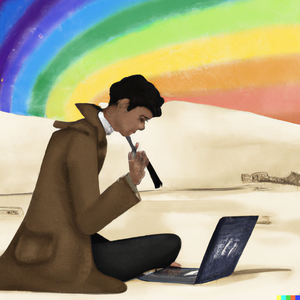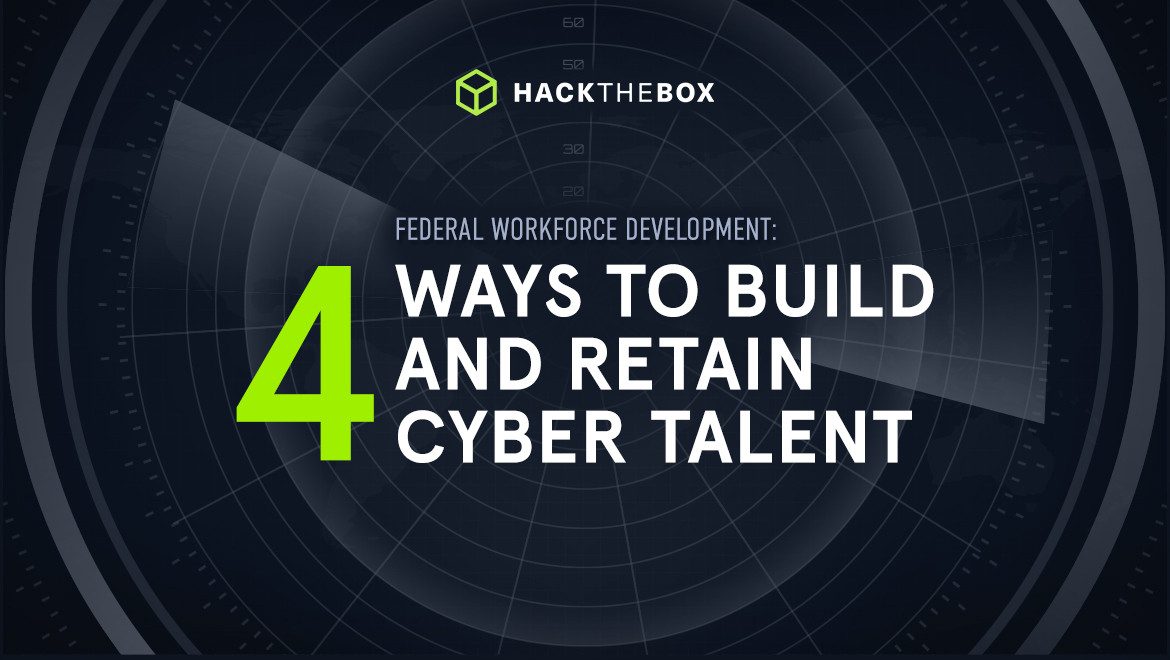Hacker
Why Hackers are the Good Guys
Why does the media confuse hackers with cyber attackers? An interview with two Hack The Box hackers.

KimCrawley,
Jul 13
2021
Hackers are portrayed negatively in the mainstream media, and it affects how people think of us. I remember picking up an issue of 2600 Magazine off the shelves of a popular bookstore in Toronto in the early 2000s. The friend of the man who was my boyfriend at the time said, “how can this magazine possibly be legal?” She was shocked that I was buying it.
About a decade later, I wrote an article about her reaction and misconceptions about hackers and hacking. It appeared in 2600 Magazine’s Winter 2014-2015 issue. My article was titled, “What Do Ordinary People Think Hackers Are?” It was my first time being published in 2600, but it wouldn’t be my last!
Recommended read: The ethics of ethical hacking: checklist for junior pentesters.
The stigma
The general media portrayal of hackers is that we’re all cybercriminals. This myth comes not only from TV shows and movies like CSI, but also from how the word “hacker” is used in the news.
The truth is that hackers invented the computer technologies you use everyday. The TCP/IP protocol stack that makes the internet possible, the Linux kernel, web browsers, IRC clients, frequently used software libraries, the list goes on and on. Famous innovators such as Apple founder Steve Wozniak and World Wide Web inventor Tim Berners-Lee are all hackers.
To hack is to find a new way to use computer technology. This inventiveness can be used for both good and for harm. Here at Hack The Box, we empower hackers to learn how to exploit computer systems so we can prevent the harmful exploitation of computer systems. The fun we have here will ultimately benefit society by improving cybersecurity and stopping cybercriminals.
But we as hackers face an uphill battle when it comes to our public image. Even tech magazines will often report headlines like these:
-
“Ransomware hackers strike hundreds of hospitals in Germany and France”
-
“How to protect your Facebook account from hackers”
-
“Stop hackers from infecting your computer from malware with this antivirus software”
-
“Hackers steal millions of credit card numbers from a major Greek bank”
-
“Proposed anti-hacking law will make hacking illegal”
I spent years reporting cyber attack news on tech company blogs before I joined Hack The Box. In my own online news media work and in my books, I always make sure to call the bad guys cybercriminals, cyber attackers, or threat actors. I never ever call them “hackers.” Hackers are the good guys! By using the word “hackers” properly, I’m doing what I can to combat the stigma.
Hacking Is Not A Crime
Shortly before I joined Hack The Box, I joined an invitation-only group called Hacking Is Not A Crime. My friends Bryan McAninch and Chloé Messdaghi founded the group as a way to counter the harm that’s being done to hacker culture and the cybersecurity field by the misuse of the word “hacker.” The group is now a who’s who of notable cybersecurity people.
Here’s Hacking Is Not A Crime’s mission statement from the official website:
“Hacking is NOT a Crime is a non-profit organization advocating global policy reform to recognize and safeguard hacker rights. We seek to raise awareness about the pejorative use of the terms ‘hacker’ and ‘hacking’ throughout the media and popular culture. Specifically, the negative stereotype with which the terms are so often associated. Hackers are often vilified and portrayed as unethical individuals with malicious intent.
Because of this, many hackers refrain from publicly disclosing privacy and security vulnerabilities they discover for fear of legal retaliation. Consequently, this is creating an increasingly hostile digital frontier for everyone. The only viable remedy is to provide safeguards for hackers conducting good-faith privacy and security research.”
Hacking Is Not A Crime, 2600 Magazine, and Hack The Box are allies when it comes to the proper use of the word “hacker,” and being good citizens in the hacker community. We at Hack The Box are so proud of all of our team members and all of the hackers in our HTB Community!
Interview with two HTB hackers
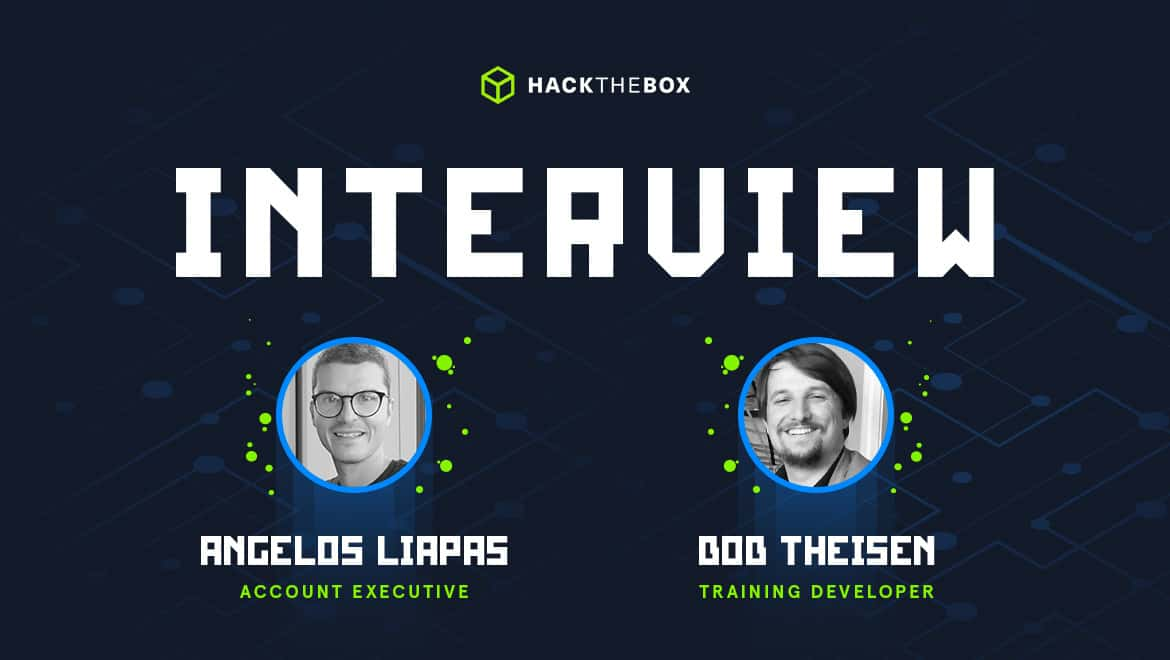
On that note, I interviewed a couple of my HTB colleagues for their views on the abuse of the word “hacker,” and the benefits of hacker culture. Here’s the chat I had with HTB’s own Angelos Liapas and Bob Theisen.
Kim “Crowgirl” Crawley: So, Bob. Angelos. Introduce yourselves. What do you both do at HTB?
Angelos Liapas: I am an Account Executive. My efforts are focused on closing deals and increasing the company’s revenue. I work with companies and universities globally. I handle university relationships exclusively, and I work on business-to-business accounts in Europe, Asia, Africa and the Middle East.
Bob Theisen: Hey I'm Bob. I get to be part of the awesome Academy team here at HTB, serving as a Training Developer. Currently my main focus is to develop new content and enhance currently published content to engage learners in a way that just isn't happening in cybersecurity training and education. I try to use my experience as a college professor to reach absolute beginners in order break down the barrier to entry into the industry. Also to demystify the industry a bit.
Crowgirl: When did you get interested in hacker culture?
Angelos: When I started working for HTB! Also, as a Greek, I have a natural skill for hacking. Bureaucracy here is a huge thing. Earlier in my career, I used to work in the financial services sector. I used to have deals with tax offices, urban planning offices, cadastral offices, all public agencies that are involved in the real estate market. In order to do my work, I became a hacker. If I would follow common practices in that job, I would never succeed in it. I did well, because I managed to “hack” the process in many cases.
Bob: A desire to learn beyond what is conventional knowledge, and the focus on teaching others the same. I believe computers are the ultimate learning tool, we can use them to create, explore and learn just about anything we desire. People that comprise and maintain hacker culture have this passion for learning, exploration and helping others that just pulled me in.
Crowgirl: How would you define hacking?
Angelos: I see hacking as a way to help your life become as easy as it is supposed to be. Unfortunately for all of us, life has become so complicated. So many things to do, things to think, things to say, obstacles to overcome. Even going out with friends can become a challenge when complexity rules. Life is not like that. Life is simple and involves very simple rules and messages. This is what hacking is about-- cultivating a mindset of finding ways to simplify conditions in life.
Bob: I see hacking as acting on an inherent desire or curiosity to challenge conventional thinking. Over the years "hacking" and "hacker" have been misconstrued in the media as criminal acts done against individuals and businesses through their computer systems. It’s truly so much more than that. Just think of a piece of art that made you say "wow”. A hacker made that. Now when it comes to computers and networks hackers are using this desire and curiosity to make systems do things "they aren't supposed to do". Hacking pushes boundaries.
Crowgirl: How can we, both those of us who work at HTB and the hackers in our HTB Community fight this negative perception of the word "hacker"?
Angelos: I generally think that fighting any negative perception may be making things worse. Putting effort in convincing people may create the opposite results. What I would suggest is to let our work speak for us through our audience’s voice. Many may not know of HTB or hacking, but they may trust local companies or their friends instead. We, as the HTB Community, need to give voice to the people that have already been helped by the hacking mentality. Let them speak of their experiences and more will follow.
Bob: I think we can address this negative perception through education and constructive conversations. Having conversations like this and truly considering what it means to be a hacker beyond what is portrayed in the media. This takes a bit of courage and patience because some have very strong opinions against hacking that can be insulting. It can be tempting to be defensive or not even address, it but that won't help. The cool thing about HTB is it’s a living embodiment of what hacking can create. That is an empowering community of intellectuals dedicating their time to educating and empowering others. We can demonstrate this through what is being built here.
Crowgirl: Do you have anything else you’d like to share?
Angelos: We live in an era of immense discrimination. People fall in the trap of choosing sides very easily. Everything is about black and white, capitalism and communism, ethical and diabolic, good and bad. I see that one can become very knowledgable and use this power to destroy others. Everything is a matter of perspective. Same goes for hacking-- it’s who you are that defines what you will do with knowledge, not what knowledge can do.
Bob: This might be a hot take but I think it's good to consider in this point in time. Education is not exclusive to degree granting institutions. You can learn wherever and whenever you want with a computer, Internet connection and a little bit of time. It's not about the credentials, its about the knowledge, wisdom and relationships gained along the way.
Join the Hack The Box Community!
You can join the Hack The Box community, where you can improve your hacking skills and make friends who will help you with computer technology hobbies and careers.
Check out our forum! We’d love to see you there.
And you can get started in our Hacking Labs. They’re full of fun challenges for all skill levels, from total n00b to pro hackers.
